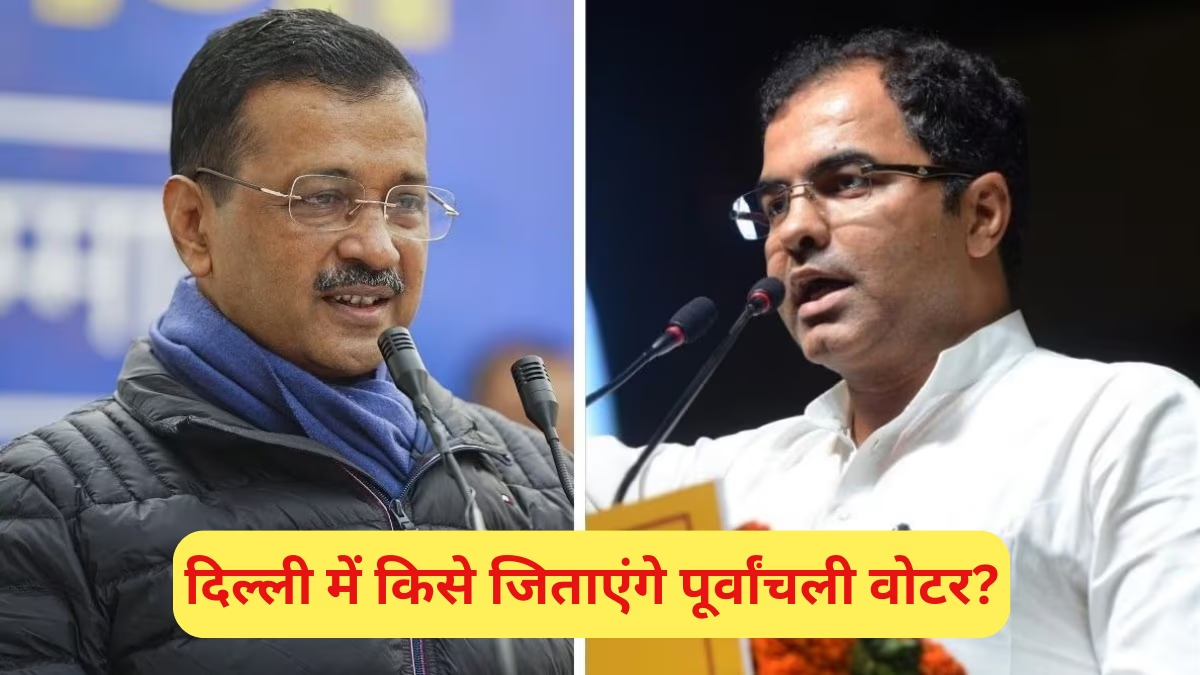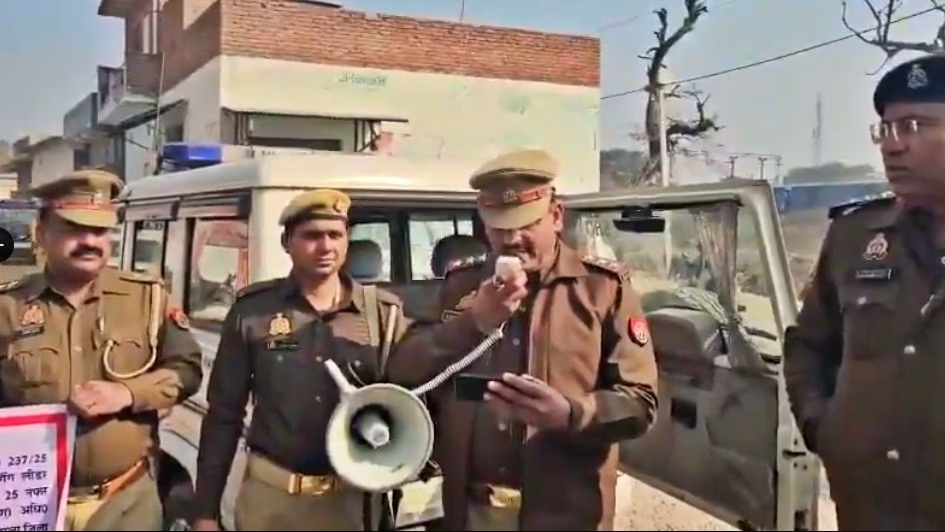Initially, promises of freebies, then a pledge of 18,000 rupees monthly for priests and granthis, followed by the reservation strategy to court Jat voters. Now, tensions rise over the Purvanchal vote bank linked to UP and Bihar in Delhi's elections. BJP has raised concerns over a statement by Arvind Kejriwal, alleging disrespect towards Purvanchal voters.
Performances, press conferences, and posters are the vehicles through which each vote in the Delhi elections is strategically placed. Here, every move by one party is mirrored by the other. Accusations fly from BJP during press conferences, matched by counterclaims from AAP. Amidst this, Arvind Kejriwal's statement has led to BJP alleging voter disrespect.
The controversy heated up when Arvind Kejriwal returned from the Election Commission after filing a complaint about fraudulent voters. In response, the BJP started targeting him, with their president JP Nadda tweeting about Kejriwal's alleged insult to people from UP and Bihar, labeling them fake voters. Kejriwal’s AAP countered with claims about BJP labeling Purvanchal people as Rohingyas and Bangladeshis to disenfranchise them.
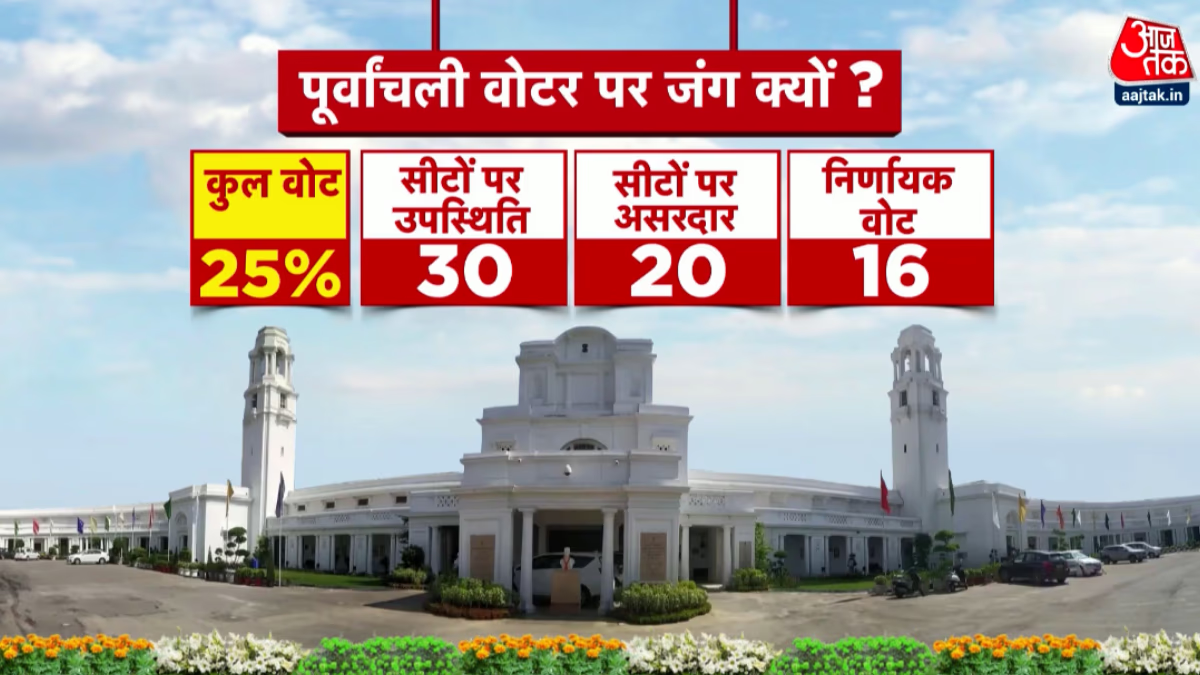
Source: aajtak
From Statements to Demonstrations: The Purvanchal Voter Struggle
On Friday, in Delhi, the battle for Purvanchal votes escalated from statements to demonstrations. BJP activists marched against Arvind Kejriwal, accusing him of being anti-Purvanchal and demanding an apology. Demonstrators, marching for honor, faced barricades at Kejriwal’s residence but forged ahead, further confronted by police water cannons.
This politics of respect and disrespect centers around the over 25% Purvanchal voter base in Delhi, significant in about 30 seats, heavily influencing 20, and decisively impacting 16 seats. Both sides tread the fine line of decorum, leveling accusations of disrespect against rival campaigns.
What Fuels the Respect Politics of Purvanchal Voters?
Several factors fuel the ongoing political strategy for voter bases. Firstly, despite AAP winning over 50% of the vote in two assembly elections, after ten years in direct power, fear of anti-incumbency might haunt Arvind Kejriwal. Secondly, with Congress gaining votes, the split in anti-BJP votes potentially harms AAP. Thirdly, the Purvanchal voter base, primarily in north-eastern UP, Bihar, and Jharkhand, is now equally shared with BJP.
This raises the question of whether BJP now sees an opportunity to make significant inroads into this vote bank, hoping to leverage it against Arvind Kejriwal’s AAP.
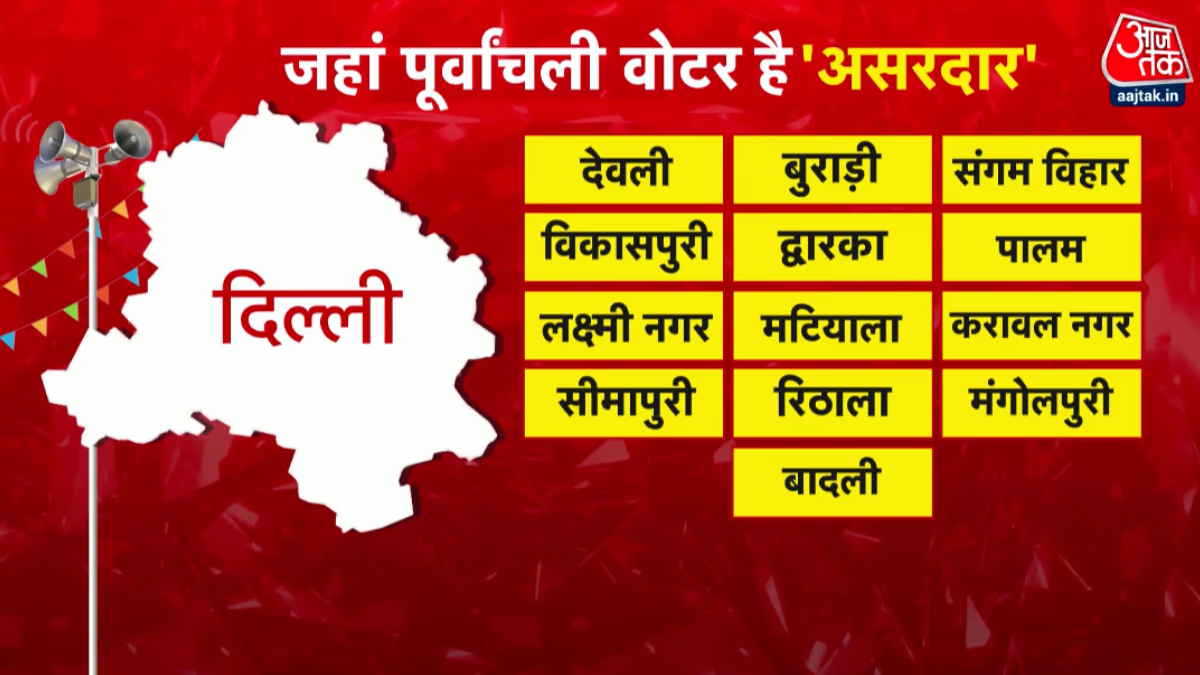
Source: aajtak
The Decisive Role of Purvanchal Voters
It is perceived that close to 4.5 million Purvanchal voters could be residing in Delhi. Focusing geographically, areas like Deoli, Burari, Kirari, and others heavily rely on these voters who predominantly reside in unauthorized colonies and slums. Benefits like free 200 units of electricity and complimentary bus travel for women resonate with these voters, aligning them with AAP in previous elections. However, during Lok Sabha elections, these votes tend to swing towards BJP.
Where Did Purvanchal Votes Lean in Past Elections?
In the 2015 elections, all 16 Purvanchal-influenced seats were swept by AAP, securing 64% of the votes compared to BJP’s 29% without seats and Congress's meager 4%. In the 2020 elections, AAP retained 14 out of 16 seats with 54.62% of the votes, while BJP gained two seats, marking a rise to 39.09%. Congress secured a mere 2.44%. Hence, within five years, approximately 10% of Purvanchal votes shifted from AAP to BJP. BJP hopes this vote bank is now drifting away from AAP due to the fake voter issue tied to Purvanchal identity.
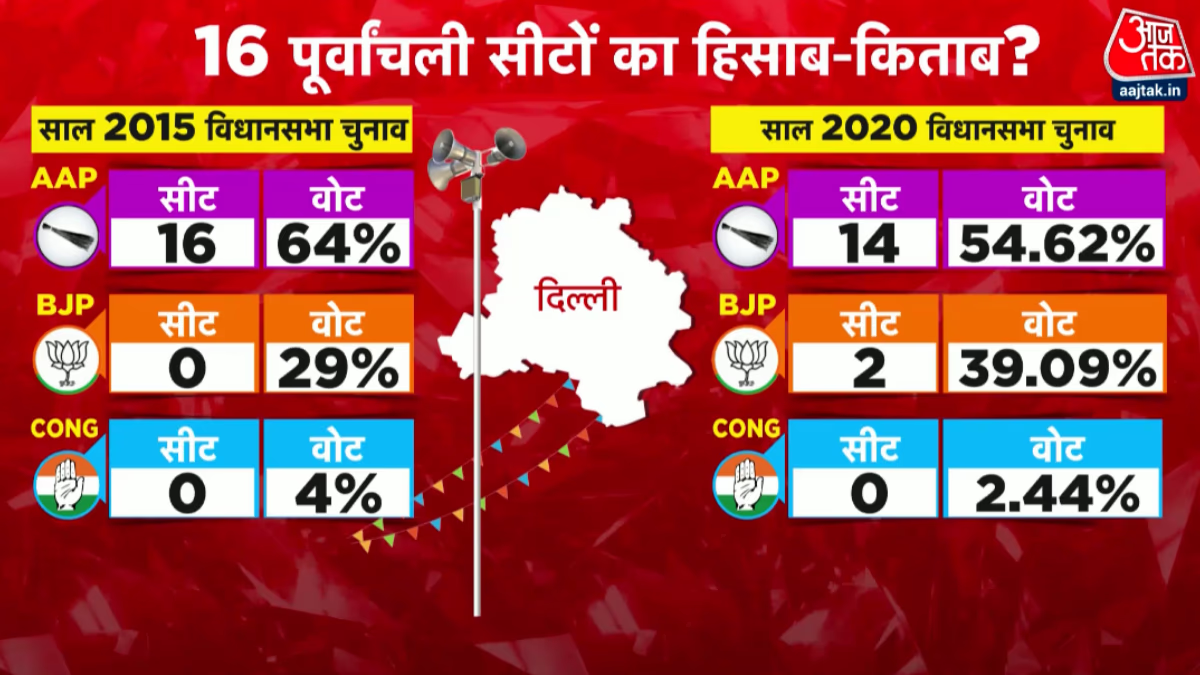
Source: aajtak
